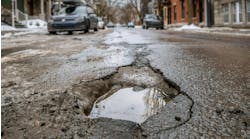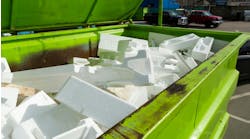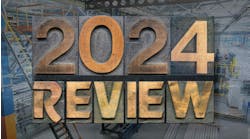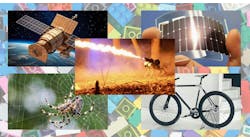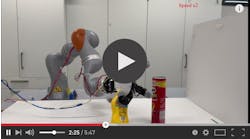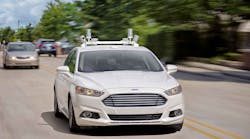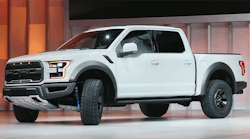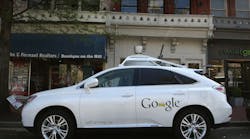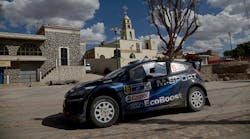Ford Motor Co. is accelerating its development of self-driving cars by more than doubling the size of its Silicon Valley lab and taking a stake in Velodyne Lidar Inc., the leading maker of an advanced radar that is an essential sensor in autonomous driving.
Ford and China’s top search engine company, Baidu Inc., are investing a combined $150 million in Morgan Hill, California-based Velodyne, the company said in a statement. Lidar bounces light off objects to asses shape and location, which, along with cameras and traditional radar, give self-driving cars a 360-degree view of their environment. Velodyne said it will use the investment to “to rapidly expand the design and production of high performance, cost-effective lidar sensors,” with an aim to mass adoption.
Ford said it’s also doubling the workforce to 260 at its Palo Alto, California, research center, which will increase in size of the facility sixfold to 180,000-square feet over three buildings. The moves are part of a broader announcement from Ford on how it’s expanding autonomous-car development as it chases Alphabet Inc.’s Google self-driving car project as well as efforts by General Motors Co. and other automakers. Ford Chief Executive Officer Mark Fields is due to address the media at the automaker’s Silicon Valley lab later Tuesday.
“From the very beginning of our autonomous-vehicle program, we saw lidar as a key enabler due to its sensing capabilities and how it complements radar and cameras,” Raj Nair, Ford’s executive vice president of product development, said in the statement. “Ford has a longstanding relationship with Velodyne, and our investment is a clear sign of our commitment to making autonomous vehicles available for consumers around the world.”
Velodyne said it “expects an exponential increase in lidar sensor deployments” and that it will continue to work with top automotive and ride-sharing companies worldwide.
“We want the cost to be low enough to be used for all cars,” Marta Hall, Velodyne’s president of business development, said in the statement.
Author: Keith Naughton, Bloomberg News
